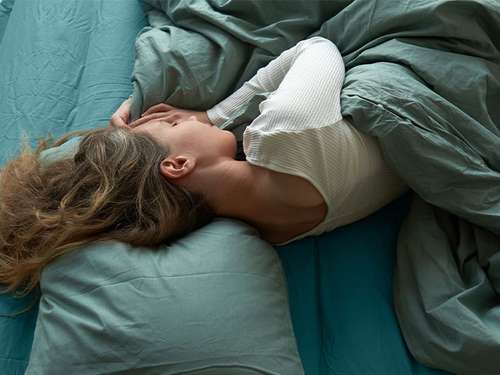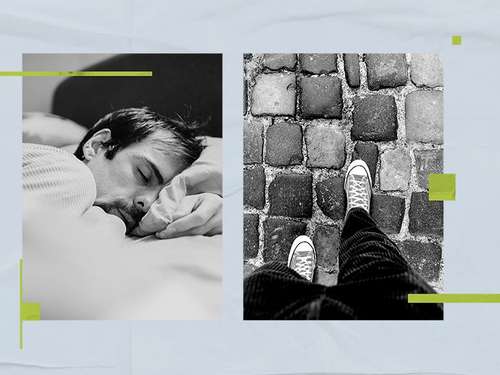Good sleep is as important for your cognitive health as your diet and exercise routines. If you're having trouble sleeping or can’t concentrate due to lack of sleep, this article discusses four things you should do to correct your sleep pattern.
Set a Sleep Pattern and Stick to It
Be consistent with your sleep time. Going to bed and waking up at the same time every day will regulate your body's internal clock and teach your body how to sleep better. Limit your afternoon naps to about 20 minutes so you can sleep better at night, although this could vary from person to person. For instance, a 2021 study showed that afternoon naps help athletes and people who do strenuous exercises and may not affect their nighttime sleep.
Expose Yourself to Bright Lights During the Day
Try to soak yourself in natural light for at least 30 minutes every day. Studies have shown that natural light during the day affects the production of melatonin, a sleep-regulating hormone. Spend time outside in the morning—you could do outdoor workouts, take a walk outside during your lunch break, or sit by a bright window to get the required dose of melatonin.
Eat Well and Wisely
Like most things in our daily lives, diet also impacts sleep quality. Food rich in fiber and protein can improve sleep quality, while spicy food and carbonated drinks will do the opposite. It's not just what you eat; how you eat also matters. Eating acidic and heavy food before bed may give you reflux and keep you from having a good night's rest.
One of the most crucial tips for sleeping better is to reduce your alcohol intake. Alcohol is great for unwinding, but it'll wake you up several times during the night and disrupt your sleep quality. You may wonder how alcohol tampers with sleep when it actually makes people sleep faster.
Researchers have found that drinking alcohol increases the production of adenosine (a chemical that acts as a sleep-inducer) in the brain, but then it decreases as quickly as it increases, which makes it more likely for you to wake up several times through the night, not to mention the hangover you may get in the morning.
Prep Your Sleeping Environment
Making simple adjustments to your bedroom is one of the best nighttime habits for better sleep. Block lights out of your bedroom at night— dark rooms will help you fall asleep better. Make sure your bedroom is quiet (or with lulling music playing, if that helps you sleep better) and cool.
The Sleep Foundation suggests maintaining a bedroom temperature between 65°F to 68°F. You can use blackout curtains, earplugs, or a white noise machine to set the perfect sleep environment for yourself.
Bonus Tip
Reduce blue light exposure. Blue light from your phone or tablet screen can trick your body into thinking it's still daytime, which would make it harder to fall asleep. Drop your devices before your bedtime to tell your body it's time to sleep.




